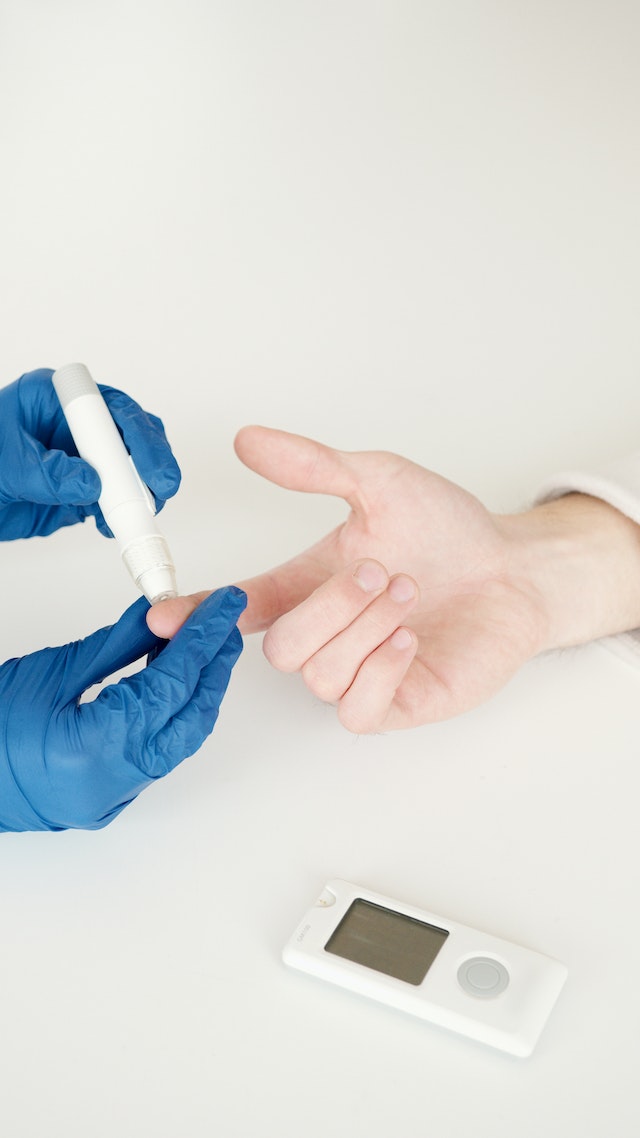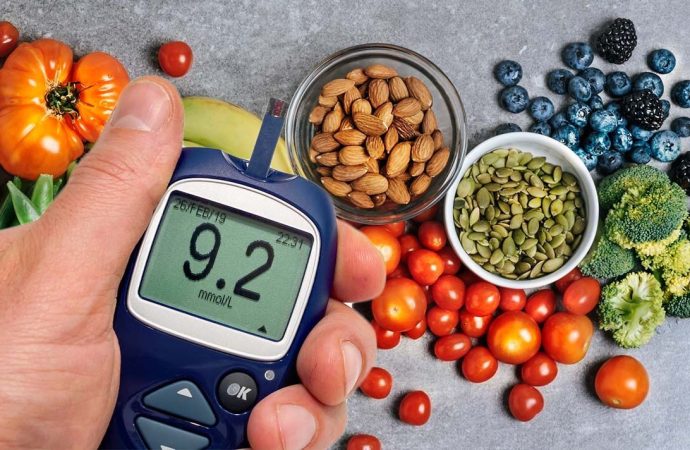Introducing Dr. Amelia Williams Dr. Amelia Williams is a renowned endocrinologist with over 15 years of experience specializing in diabetes management. Passionate about empowering patients, Dr. Williams is a firm believer in utilizing innovative technologies like CGMs to optimize diabetes care. Demystifying CGMs: A Game-Changer for Type 2 Diabetes For many with type 2 diabetes
Introducing Dr. Amelia Williams
Dr. Amelia Williams is a renowned endocrinologist with over 15 years of experience specializing in diabetes management. Passionate about empowering patients, Dr. Williams is a firm believer in utilizing innovative technologies like CGMs to optimize diabetes care.
Demystifying CGMs: A Game-Changer for Type 2 Diabetes
For many with type 2 diabetes (T2D), finger pricks and blood sugar checks are a familiar routine. While essential, these snapshots offer limited insights. That’s where continuous glucose monitoring (CGM) comes in – a revolutionary tool that empowers you with real-time blood sugar data, 24/7.
Traditional Monitoring vs. CGMs: Unveiling the Advantages
Table 1: Traditional Monitoring vs. CGMs
| Feature | Traditional Monitoring | CGMs |
|---|---|---|
| Frequency of Checks | Few times a day | Continuous monitoring (every few minutes) |
| Information Provided | Blood sugar level at a specific point | Real-time trends and fluctuations |
| Pain Level | Requires finger pricks (mild discomfort) | Painless sensor insertion |
| User Experience | Can be disruptive and time-consuming | Convenient and discreet |
CGMs offer a more comprehensive picture, revealing how your body reacts to food, exercise, and medications throughout the day. This valuable data empowers you to:
- Make informed decisions: Knowing how your blood sugar reacts to different meals allows you to fine-tune your diet for better control.
- Identify patterns: CGMs can unveil hidden patterns like post-meal spikes or nighttime lows, allowing for adjustments in medication or lifestyle.
- Reduce hypoglycemia risk: Real-time alerts warn you of impending low blood sugar events, enabling proactive measures to prevent them.
- Optimize medication: CGMs provide insights for your doctor to refine your medication regimen for improved blood sugar control.

Photo by Artem Podrez: https://www.pexels.com/photo/person-in-blue-gloves-using-a-lancet-pen-on-a-diabetic-person-6823410/
Are CGMs Right for You? Exploring the Benefits
While CGMs offer significant advantages, they might not be suitable for everyone. Here are some factors to consider:
- Insurance coverage: CGMs can be expensive. Explore coverage options with your insurance company.
- Technological comfort level: CGMs require technical know-how for set-up and data interpretation. Discuss training options with your healthcare provider.
- Lifestyle compatibility: CGMs are most beneficial for those committed to actively managing their T2D.
Embrace a Brighter Future with CGMs
If you’re looking to take control of your T2D and optimize your health, CGMs can be a transformative tool. Discuss the possibility with your doctor and explore if CGMs can be a valuable addition to your diabetes management plan. Remember, informed decisions paired with the right tools empower you to live a healthier and more fulfilling life with T2D.
















